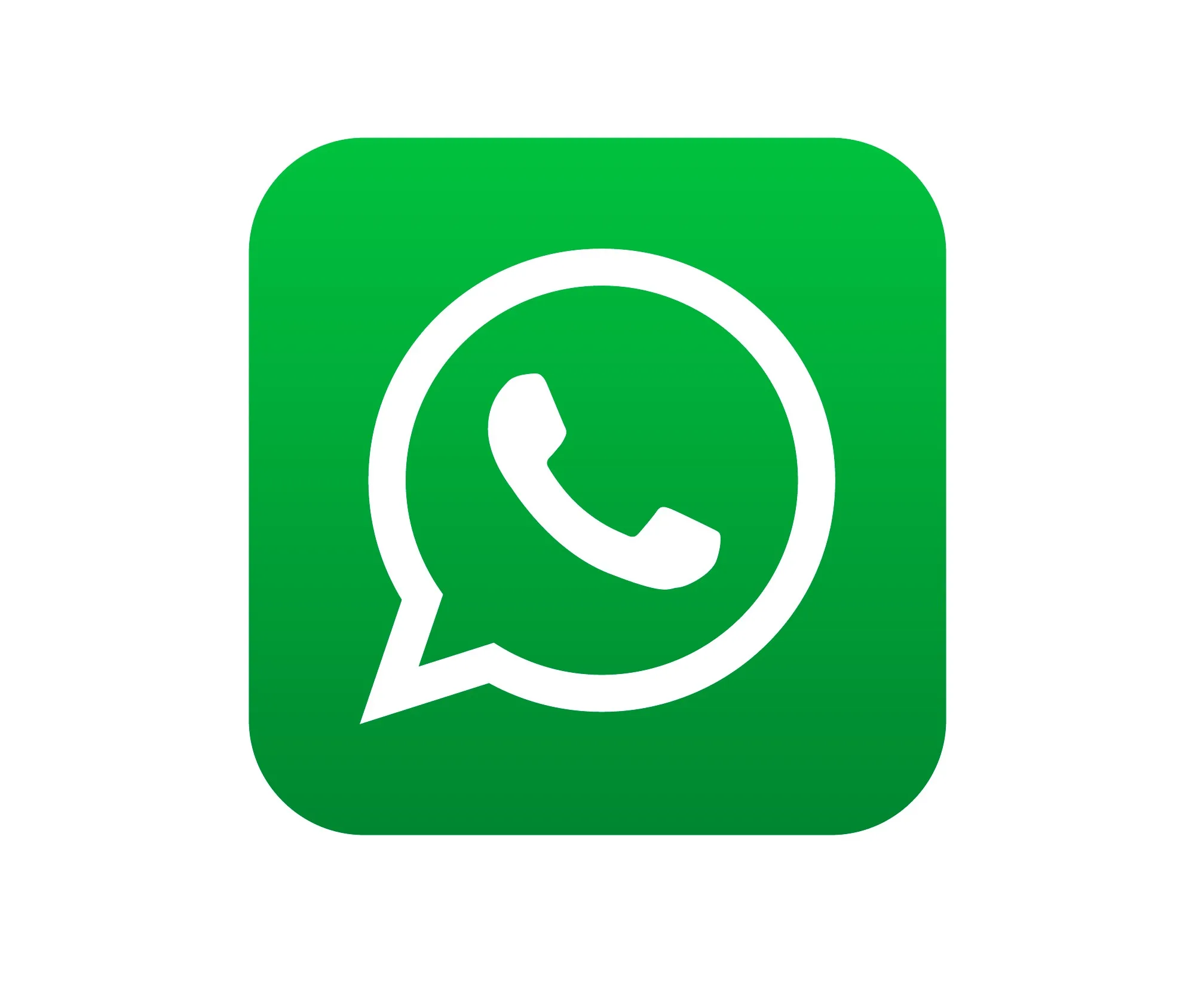New research supported by local business findings: WhatsApp Business will boost customer growth, loyalty, and ROI
A 2024 study, The Role of WhatsApp Business in Increasing Consumer Engagement, has confirmed what many South African executives have suspected: businesses that integrate WhatsApp Business see measurable gains in customer numbers, satisfaction, and loyalty.
The peer-reviewed research found that customers who engaged through WhatsApp Business reported significantly higher satisfaction and loyalty, leading to customer growth and acquisitions in the case studies under assessment. The study concluded that WhatsApp Business is not just a communication tool but a strategic driver of long-term business growth, enabling more personalised, responsive, and effective customer engagement.
“These findings should serve as a wake-up call,” says Jonathan Elcock, Co-founder and CEO of rather.chat. “Our own audits for South African businesses have echoed the findings of this study; but we’re taking it a step further. It’s not just about being on WhatsApp; it’s about being intelligent on WhatsApp. A basic Business profile offers convenience, but an AI-powered smartbot transforms it into a real growth engine. Once automation and intelligence are layered in, we see measurable impact: higher conversion rates, faster response times, and consistently stronger customer satisfaction over time.”
The study supports the Forrester/Gupshup Total Economic Impact report, which recently revealed that WhatsApp campaigns powered by conversational AI can deliver a 270% return on investment over a three-year period.
To help South African businesses close this gap, rather.chat has has launched an end-to-end, AI-powered WhatsApp automation solution designed to remove friction from every stage of the sales funnel and drive measurable uplift. The comprehensive system, made up of five modular automation tools, can be implemented incrementally, allowing businesses to test, learn, and optimize performance while closely tracking uplift, managing costs, and maximizing return on investment. This solution is tailored to the business after engaging with the findings provided by rather.chat’s detailed Omnichannel audit. The audit unpacks an organization’s end-to-end customer journey within the sales funnel, with the aim of exposing any inefficiencies or points of friction that may be contributing to lower customer conversions.
“We’ve conducted hundreds of omnichannel audits for South African companies and locally owned businesses. Our data and findings consistently indicate that outdated traditional communication platforms or channels, like call-back queues and web contact forms that collect customer data, cause a significant number of drop-offs,” adds Elcock.
“WhatsApp is the most widely used communication platform in South Africa. We cannot ignore this fact – and any company that does will sadly meet an uncomfortable drop in sales against the competitors in their sector who do. Customers want – and expect – to engage with your business on WhatsApp. The only question for business executives is how fast they’ll move to formalise this for their customers.”
From finance to insurance and retail to travel, companies that integrate and use WhatsApp as a strategic sales channel to support their omnichannel strategy will consistently outperform competitors that don’t, quite simply because they are more relevant, more agile, and better equipped to meet customers where they are, rather than expecting customers to come to them.
“The future of customer engagement in South Africa is conversational, and automated: WhatsApp is the tool that sits right at the centre of this evolution,” Elcock concludes.
